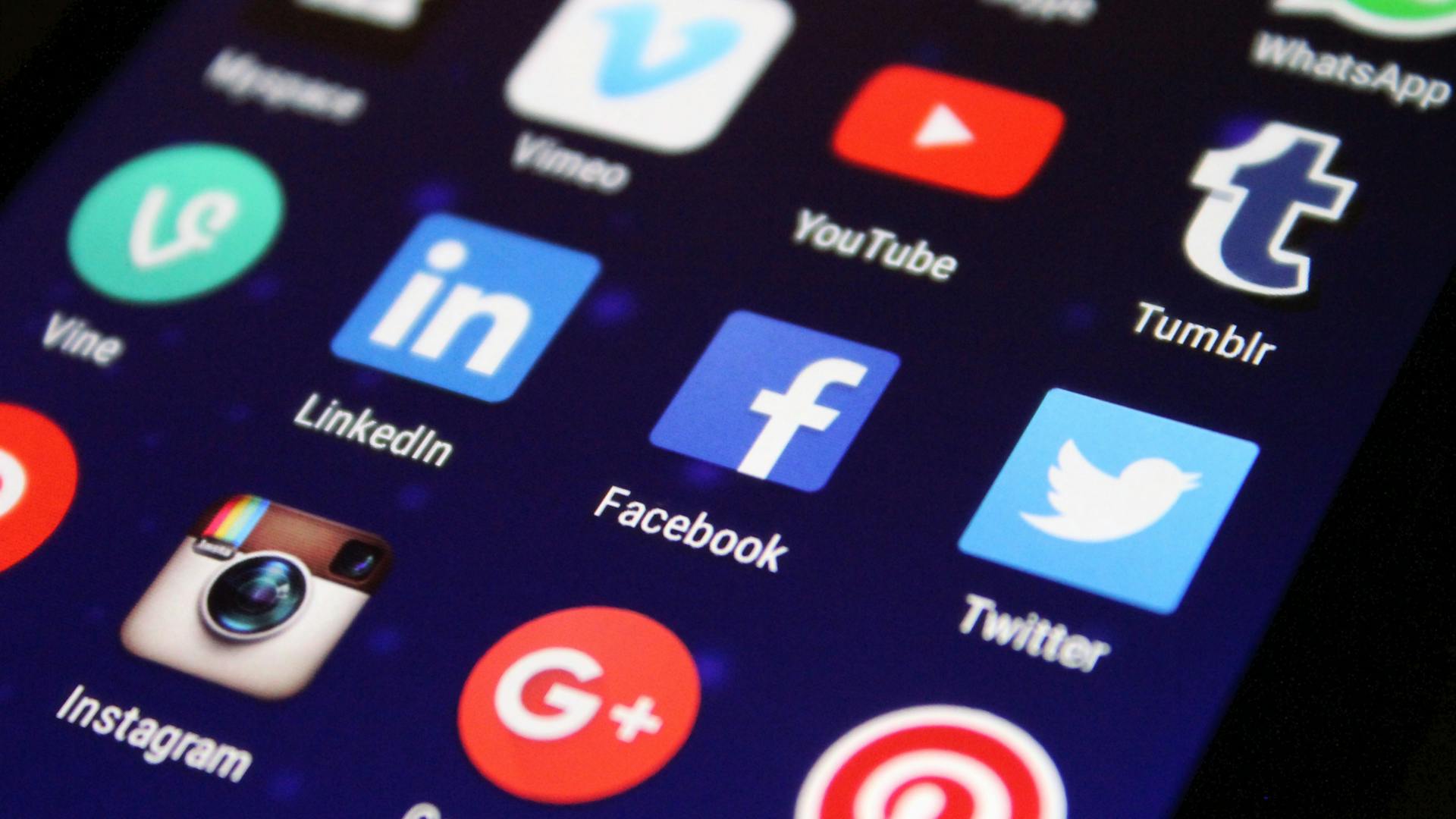Social media among Gen Z and its adverse effects are the most relevant topic of discussion among adults and even most zoomers. Even though it has brought the world closer, we are more far apart than we have ever been. People are on their phones 24/7 and social media has become a status game. Everyone’s competing amongst each other to showcase their concert experience, the newest iPhone or a vacation to the bahamas. The question is; why do we seek validation on social media these days?
What Is Social Media Validation?

Social Media Validation refers to the acts of receiving love, approval or affirmation from others in the form of likes, retweets, comments, or any other interaction. This artificial “love” that we receive on platforms does not only make us feel appreciated and seen but also reaffirms our social status in front of the world. It raises self-esteem and taps into the basic need of human need for recognition and acceptance.
You might have heard biohackers mention how the dopamine received from social media can zap our happy hormone and send our whole life asunder. Well, that is true. A lot of us Gen Z have experienced short attention spans, drastic mood changes and a loss of focus due to social media. In fact, a lot of us can’t focus on what we want to do because our phone is right beside us most of the time and when that notification pops up, it’s game over.
In more technical terms, when we receive positive reinforcement through those notifications, likes and dislikes, our brain releases dopamine. Humans are addicted to dopamine which makes us feel good. Social media is easy access for us to feel good about ourselves. Thus a cycle of dopamine addiction through social media begins.
The objective of people who run these apps is to maximize engagement at the cost of one’s mental health and sanity. Social media is designed in a way to ensure that you are glued to your screen as much as possible. Now that you know what social media validation is, let us answer the most important question, why the hell do we obsess over social media validation so much?
Why Do We Seek Validation On Social Media These Days?

There are TONS of reasons why people would want to seek validation and be an attention grabbing lightbulb on social media, some of it is psychological which makes it fun to analyze. According to my own opinion, it primarily comes down to 3 reasons why people seek validation on social media.
Psychological Gratification
There is a need for people to feel seen, valued, appreciated and accepted by their fellow humans. Now that social media has brought millions of people together, that need can be satisfied by putting art, vlogs, humorous content and other pieces to fulfill one’s desire to have an audience.
Every social media platform offers a way for folks to achieve dopamine through feedback instantly through likes and shares. The higher the number, the better you will feel about yourself. This like system taps into the brain’s reward system, releasing dopamine. This prompts the person to seek it more, creating a habit. Overtime, this habit becomes an addiction.
Fear Of Mission Out (FOMO)
The Fear Of Mission Out is strong among millennials and Gen Z who see their friends posting pictures, videos on social media and garnering a following/making friends. Through this fear of missing out, they download these apps and discover a new world inside that is completely devoid of the real world.
Aside from being left behind, this FOMO drives us to stay active, always being engaged and staying in part of the conversation so we don’t “miss out on the joke.” Every week, social media has some new template or the other, designed to keep people engaged so they can “get the reference.” This can lead to a compulsion formed inside the minds of the people using it which can lead to them missing out on the life around them.
Identity Formation And The Illusion Of Influence
A lot of young people form their identities through their experiences, opinions and interactions on social media. By sharing their thoughts and receiving feedback, a lot of younger individuals come to understand how they are perceived by others. This external validation and perception of others can play a huge role on their identity and how they see themselves. Positive feedback promotes certain behavior while negative ones lead to change.
As these younger individuals find other people who agree with their opinions or the ones who like their “content,” they begin to think of themselves as an influence on others. Higher engagement numbers translate to social power and fame. This is appealing since traditional means of leadership and influence are much harder to attain in the real world.
If you are interested in why people chase fame, check this piece out.
In essence, more likes and follows equal to feeling more influential and important. Self gratification is the name of the game.
How to Stop Seeking Validation on Social Media

With small steps, one can stop seeking validation on social media. If you are an artist or a musician, do not follow the trend and make something that truly speaks to you. For others who just consume or are influencers, critical thinking can go a long way. That being said, here are some ways to stop seeking validation on social media.
- Be self-aware
- Limit social media use
- Focus on making real life connections
- Engage in offline activities
- Start unfollowing and muting accounts that don’t do much for you
- Be mindful of what you post
- Practice self-compassion
- Curate your feed with colorful experiences instead of empty gestures
That is all you need to know about seeking validation on social media. Validation seeking is an addictive habit which is hard to let go of. With social media it has gotten more intense. Hopefully, people become critical of themselves and try to make way in their life for genuine connection.
For more eye opening topics like this, check out the Features and Essays page.
